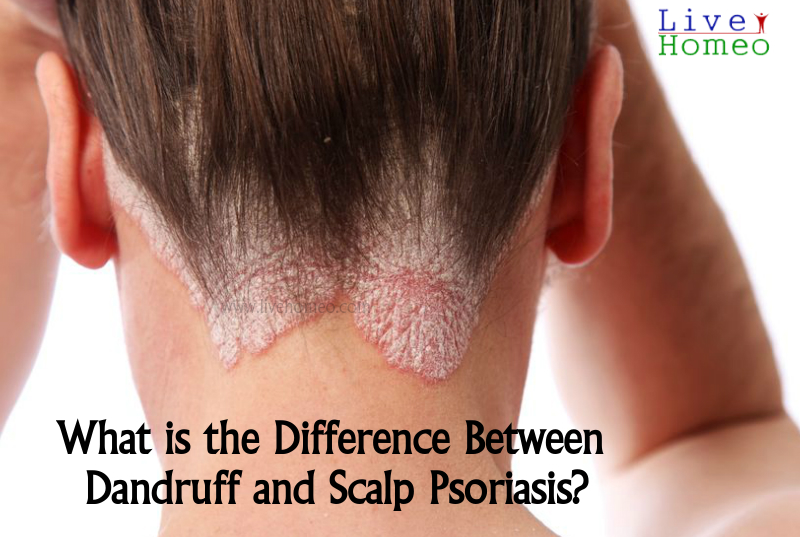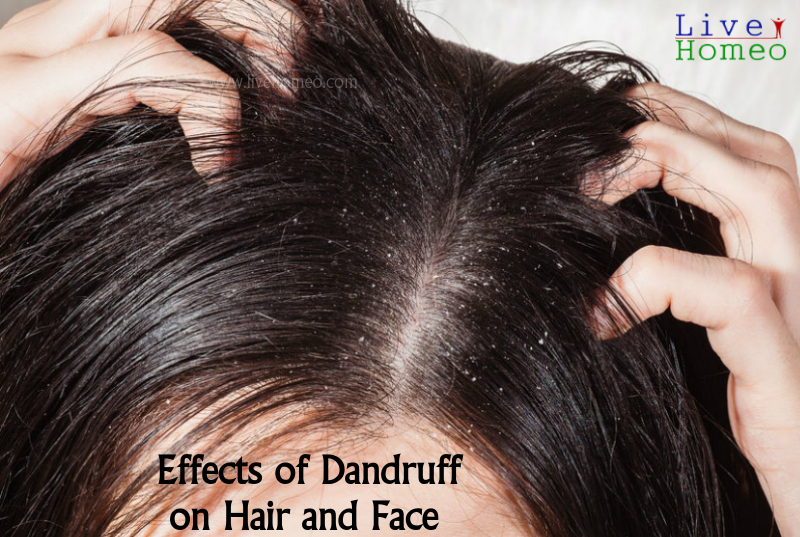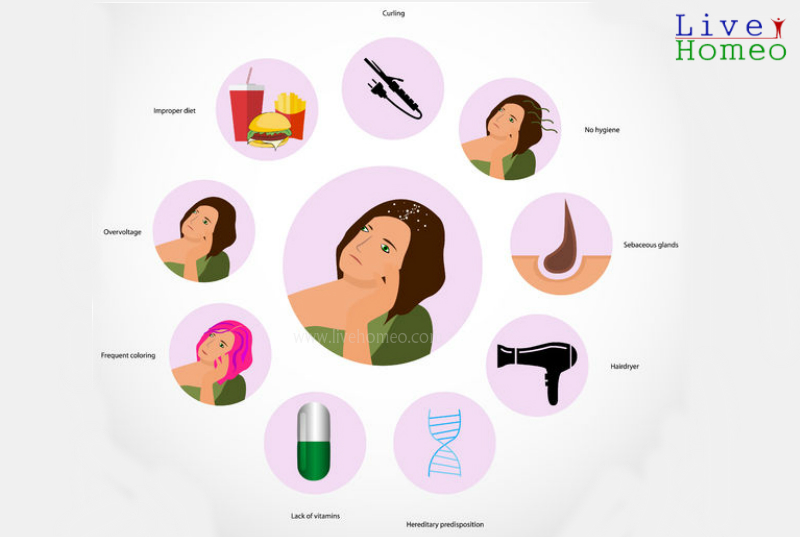Need to know the Differentiation among Dandruff and Scalp Psoriasis
Many people nowadays are experiencing itchy, dry, and flaky scalp, this is mainly due to different scalp problems. Scalp problems can be uncomfortable and embarrassing. These are the leading causes of hair loss and these problems also have the potential to affect the overall health of the hair. Dandruff and scalp psoriasis look alike both produce layers of skin in and below the hair. People with these face symptoms like rashes, white flakes, tenderness.

Scalp problems
Having an itchy and flaky scalp is the worst nightmare for many people. It not only affects your hair but also your looks. Several scalp problems are mainly caused due to factors like hereditary, malnutrition, dry scalp, usage of chemical hair products, hair styling tools, weather changes, immune system disorders, hormonal imbalance, infections, and so on.
People with scalp problems face symptoms like rashes, hair loss/ thinning, white flakes, itching, tenderness, and others. These symptoms differ for each individual and people along with the above symptoms also face several other symptoms depending on the type of scalp disorder.
There are several types of scalp problems like seborrheic dermatitis, scalp psoriasis, ringworm, folliculitis, alopecia areata, and so on. Among these, the most commonly seen scalp problems are seborrheic dermatitis and psoriasis.
Seborrheic dermatitis is also called dandruff and in this scalp condition, people experience flakes of dry skin on different areas of the body like the scalp, shoulders, and so on. Factors like skin infections, allergies, lack of hygiene, Yeast infection due to Malassezia, unhealthy diet, eczema, hormonal imbalance, and so on can trigger dandruff problems in many people.
Scalp psoriasis is an autoimmune disorder wherein people experience a rash or itchy and bumpy red plaques on the scalp and also on other parts of the body like the neck, elbows, knees, and back. Psoriasis can be triggered due to factors like genetics, lifestyle, health disorders, and even trauma. People with scalp psoriasis also face hair loss and itchy scalp psoriasis is very annoying and lead to stress and depression.
Dandruff and Scalp Psoriasis
Even though both dandruff and scalp psoriasis look alike and have some similar symptoms, but there is a huge difference between them. Dandruff is not contagious and does not lead to any complications, whereas psoriasis is a serious issue and if left untreated may lead to several complications. In most cases, dandruff just comes and goes, but psoriasis is a chronic condition. In dandruff, dead skin cells are shred rapidly, whereas in psoriasis the new cells are continuously formed under the skin and the old cells get crashed and form red and whitish flakes. In severe cases of dandruff or if the skin becomes dry then the dry white flakes fall from your scalp to the shoulders, whereas in psoriasis if the skin becomes drier, the whitish red flakes crack and lead to hemorrhage.
How to identify?
Differentiating between dandruff and psoriasis is very important for improving your scalp health. By examining your scalp you can easily identify your problem. Even though they both look similar, there are few differences between them. Under psoriasis, the scales are more dry and thick when compared to dandruff flakes. Psoriasis usually tends to spread to other areas of the body and people with psoriasis also face thick and pitted fingernails.



